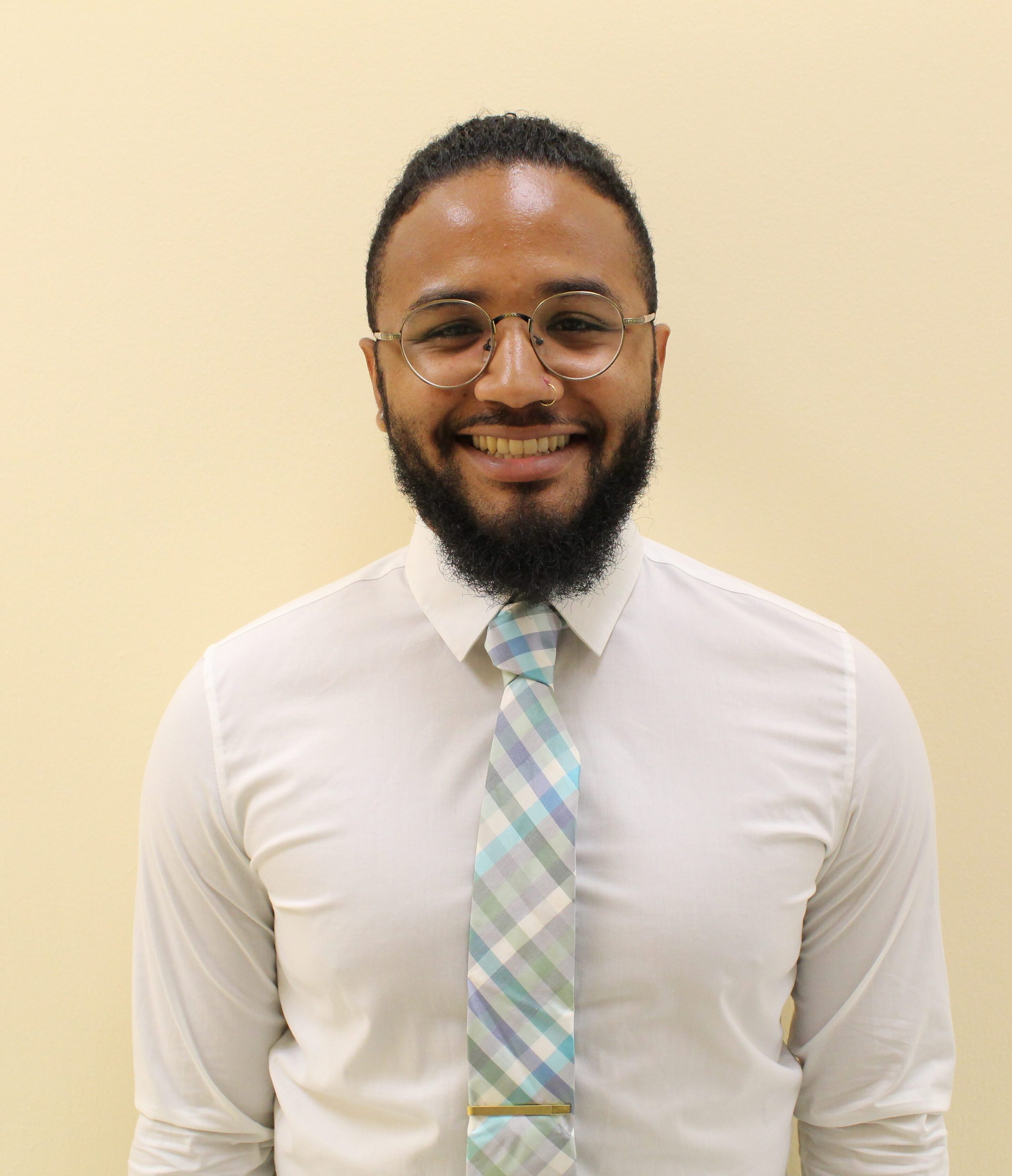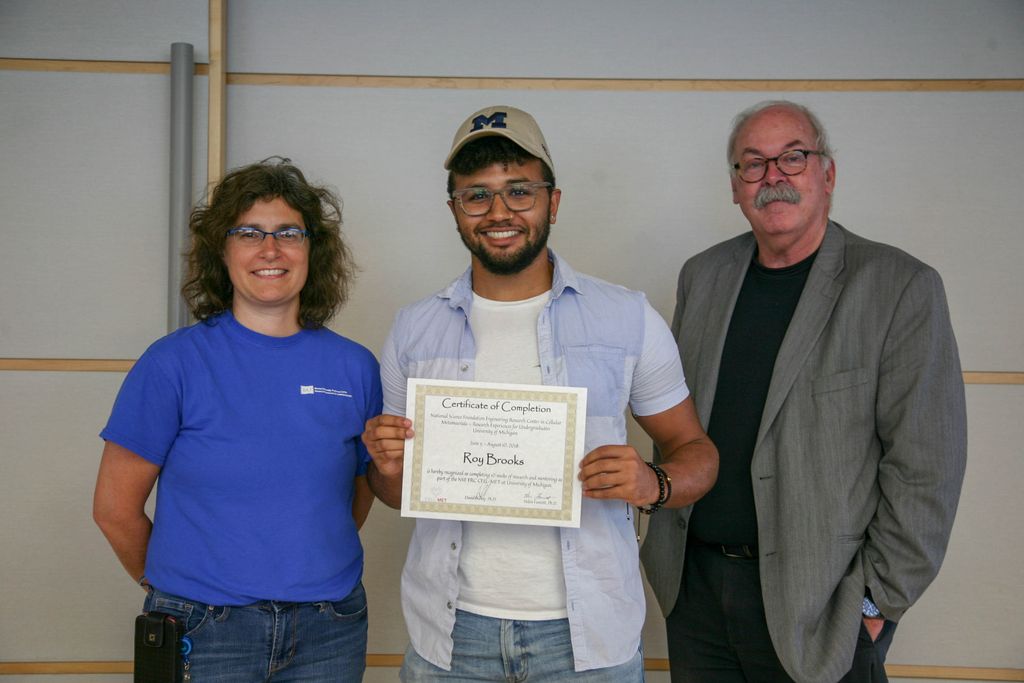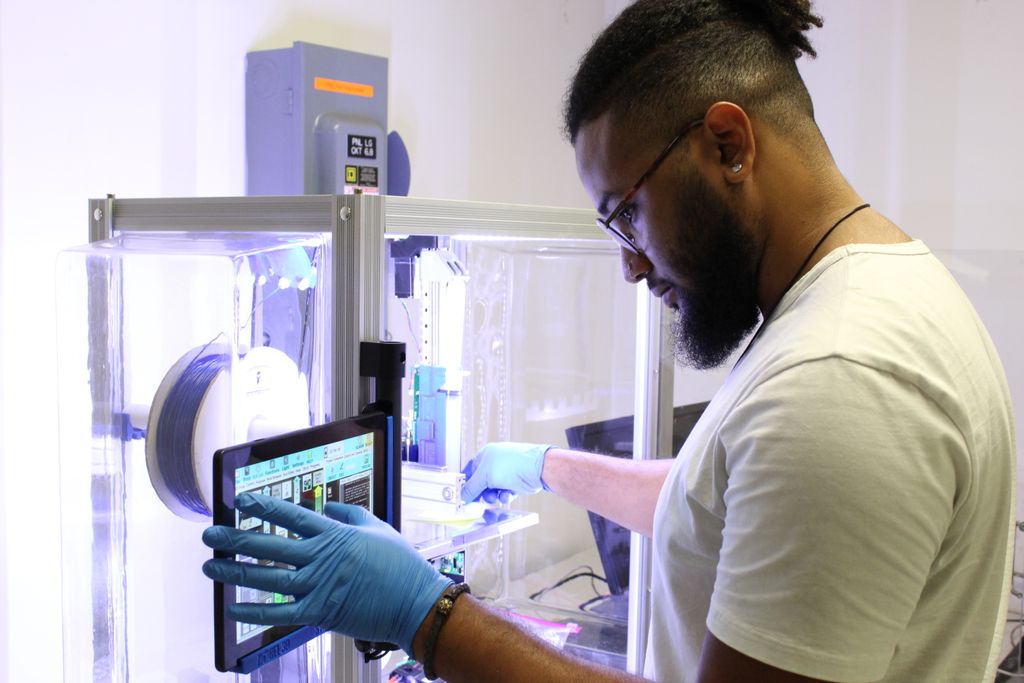Roy was a 24-year-old Biomedical Engineering major at The Polytechnic University of Puerto Rico, where he graduated from in 2020. Although born in North Carolina, he has spent the majority of his life in Puerto Rico, so he is fluent in English and Spanish.
Combining his interest for sports and science, Brooks Rivera decided he wanted to become a physician specialized in orthopedics. Because of this, he began his undergraduate career in biology, but soon after his first research experience, decided that he was much more interested in performing research as a career. During this time, biomedical engineering began to become more of an interest to Brooks Rivera, as he saw it as something that combined two things he enjoyed, sports from an orthopedic perspective and research. To his luck, at the time, the first ever undergraduate program in biomedical engineering in Puerto Rico was being rolled out at The Polytechnic University of Puerto Rico and he jumped at the opportunity. Although his research interests have shifted more towards neuroscience since then, upon completion of his degree he plans to pursue a doctorate degree in bioengineering.
Going into university, he didn’t have any expectations of his STEM curriculum. Since he is a first generation college student, he knew that his studies would challenge him at certain points. However, Brooks Rivera did not expect it to be so difficult. While his collegiate career has taken a more non-traditional route, he is proud of his accomplishments and his tenacity to complete his studies.
Summer 2018, Brooks Rivera worked in the Lahann Lab at The University of Michigan, learning about bio-polymer nanoparticle characterization and how pH can affect the physical properties of these to ensure biocompatibility with the oral environment and better understand design factors. This contributed to an ongoing project where bio-polymer nanoparticles are being fabricated to detect early active carious lesions, allowing micro-cavities to be identified at an early stage where it is possible to non-invasively re-mineralize the lesion.
Summer 2019, Brooks Rivera worked in the PFL group with Dr. Agarwal as his advisor and Dr. Thomas as his mentor at FIU. The project he did was focused on using a simple extrusion technique to print silicone scaffolds. Through this printing method and the material used, it would allow for very detailed scaffolds which can be rapidly printed, low cost, and extremely accessible. To achieve this, it was necessary to determine through experimentation an adequate porosity at which rectilinear, and honeycomb design scaffolds could be printed while maintaining proper structure of the design and achieving pore sizes suitable for culturing cardiomyocytes. Cells were able to adhere and migrate throughout the interconnected pores of the rectilinear scaffolds, eventually maturing enough to demonstrate spontaneous beating. These results were not achieved with honeycomb scaffolds, possibly due to cells being unable to achieve proper chemical forces with the substrate due to its stiffness.
Post-grad, Brooks Rivera was interested in graduate school followed by obtaining his PhD. Once done with studies, he hopes to work at a research university or agency that allows him to pursue research in his area of interest. Brooks Rivera also wants to help minority students achieve their goals in STEM careers by running multiple programs to give high school and college students opportunities. He is further interested in creating a bridge to PhD programs, helping develop a bioengineering program at one of the universities back home, and maybe even starting his own STEM school just for disadvantaged students.
After his two summers in the REU program, Brooks Rivera has plenty of good advice for future participants. “Do not limit yourself. Make the most of your experience by working hard and putting yourself out there as much as you can. Read your papers, do your writing, make your presentations as great as you can, and look for as many opportunities that you can to grow in every aspect. If there are workshops you think you could benefit from, ask for them. If there is a conference you would like to present your work at, ask for permission. If there is something you do not understand, ask for help. It will be a lot of work, but you will enjoy it and you will only benefit from it.”


